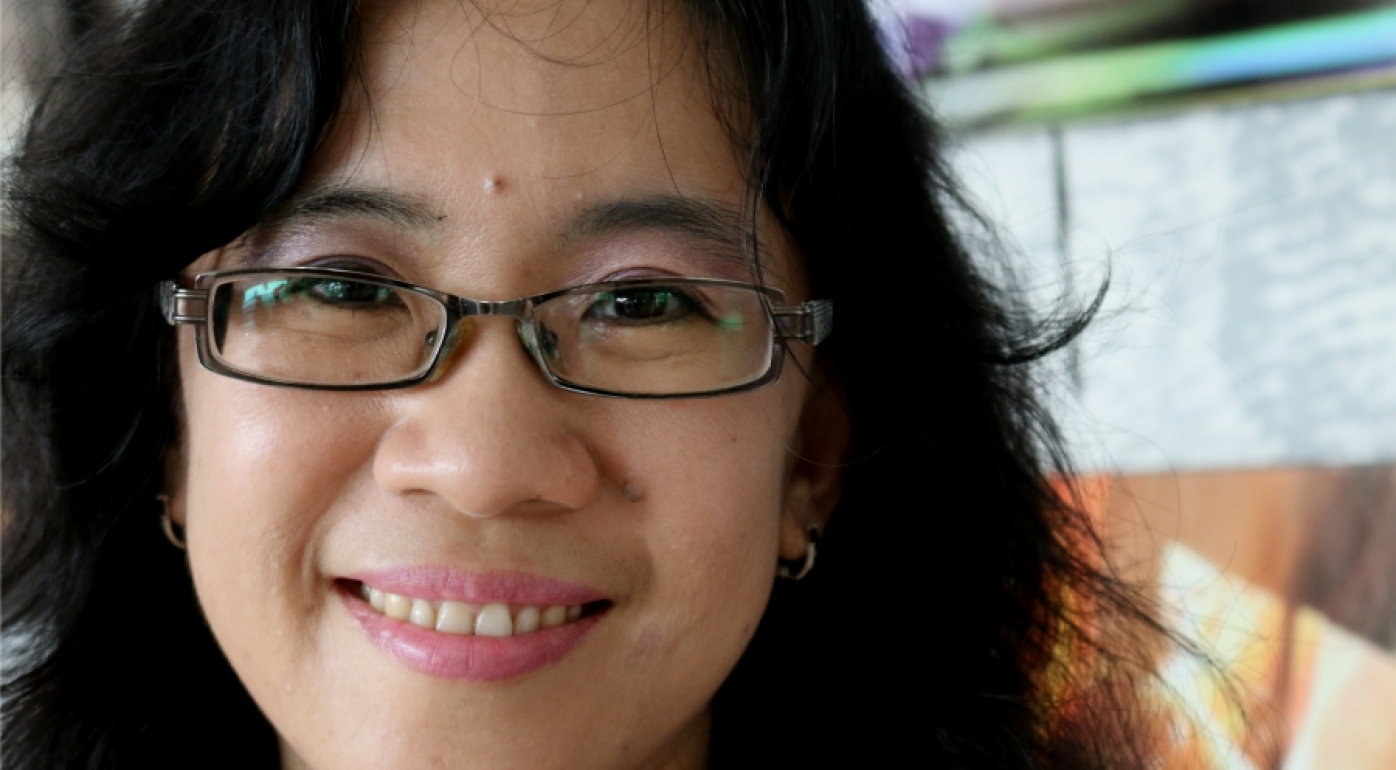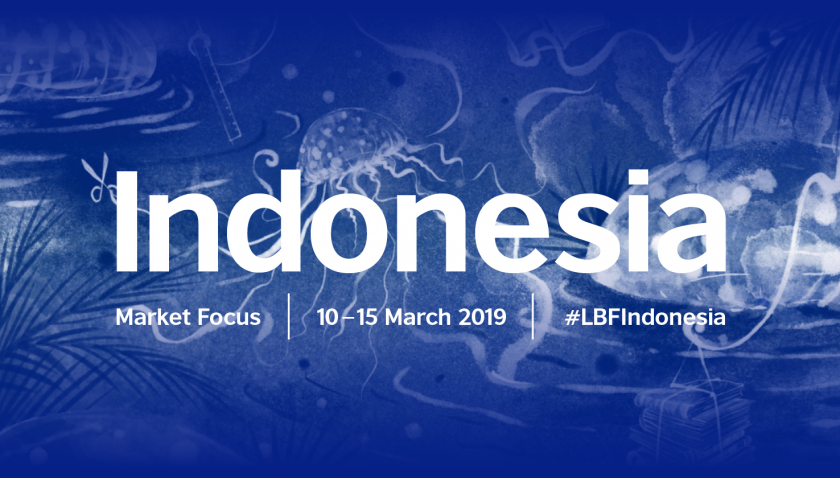When you write, do you have a particular reader in mind?
Writing is like talking to myself, having a discussion with myself. I often imagine having a lot of ‘myselves’ inside me. I form an idea that there is I who knows nothing, there is I who get to know something, and there are many I(s) who are amazing in their own opinions. I usually have a dialogue with all of them. My head is very noisy with many little me(s) inside me. I write with them all the time.
Writing is also the act of giving a surprise to myself, who never enjoy surprises. It's an eye opener about the truth that is different from the truth that I know. It's an amazing revelation about things that I have never thought of before. The other me is the writer, the rest of me(s) are the readers.
What are the main themes of Indonesian writers at the present?
Indonesian writers are very diverse and write in various themes. Many write romance stories, some write about social and political issues, and a large number of people write about religious (Islamic) novels. Each book has its own readers. Although the themes are diverse, they don't actually have the same degree and value. The romance stories have an abundance of readers while other books that talk about other issues, such as family, society, politics, gender, and others do not get that much attention.
Indonesia is still struggling to build an enlightened society that has a high literacy rates. For better or worse, I do hope that someday all themes that explored by Indonesian writers equally have a lot of attention, so that we can find out the main themes that are most often worked on.
What is your favourite book, and why? And what do you think is the best Indonesian novel that has not yet been translated into English?
I have a lot of favourite books that changed my life. The answer would be very long if I write it all down. But there are some books that I read last year and I like them very much: Homo Deus: A Brief History of Tomorrow (Yuval Noah Harari), A Courage to Be Disliked (Ichiro Kishimi & Fumitake Koga), and Thinking Fast And Slow (Daniel Kahneman). They are all nonfiction. In recent years, I have read nonfiction more often than fiction. Nonfiction books equip me with new perspectives based on its relevant studies and current research, to deal with many contemporary issues in the 21st century.
I do not know which Indonesian books that have not been translated into English. I think The Earth Dance by Oka Rusmini, The Book of Nonsense by Seno Gumira Ajidarma, and Bloomington People by Budi Darma are good and worthy of being translated into English, but then again, I don't know whether it has been translated or not, yet.
There is a beautifully-honed supernatural element to some of your stories. Do you find more inspiration in traditional Indonesian folk tales or the magical realism of contemporary world writers?
I like folk tales, legends, myths, and also traditional stories of brave knights, warriors and princesses. Every object that I saw during my childhood always has a story. My mother started her amazing storytelling when I was very little. She made up everything she saw to me, filling me in with things that could not be known for sure: e.g. the pine forest that we passed in the mountains on the way to grandma's house or some empty farmer's houses that covered with dark shadow or the twin rabbits that she bought at the market (I named them Kisi and Kissi). I continued her habit, composing and telling stories to my children as often as possible. As I write, I pick up everything I knew, read, and heard, and create it into variety of stories.
You create quietly strong female characters. Do you have a particular source of inspiration?
I found the strength of women among my great female friends. I like reading novels that have strong female characters. What's more, I get inspired by many tenacious women working for the advancement of society, environment, and world. From there, a combination of these female figures give birth to a new figure that appear in my head. There she is, the female image of my story.

